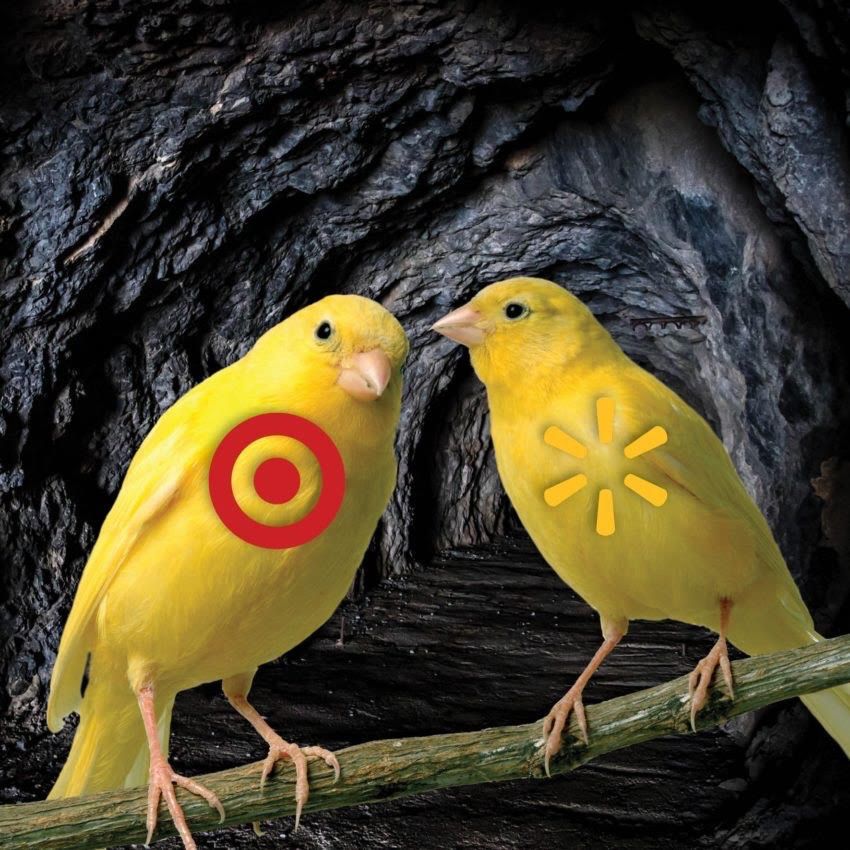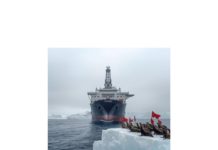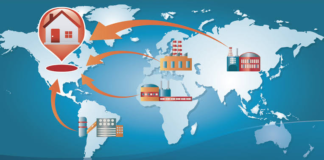INVESTMENT PERSPECTIVE
By J Mulraj
Jan 1-7, 2023
Conflicts, Distrust, De-globalisation, Inflation, far too many canaries
The Ukrainian Canaries: What a tragedy of errors the collective West has made, by not giving heed to Russian concerns over NATO expansion, but, instead, engaging in a war with it, and with Ukraine as a proxy. As Warren Buffet famously once remarked ‘it is only when the tide runs out that we discover who has been swimming naked’, we now find that it is Europe, shorn of cheap Russian oil/gas, that is naked! Russia had long been a reliable supplier to it of environmentally friendly natural gas, supplied cheaply via pipeline. What, then, has the collective West achieved through confrontation instead of dialogue?
Well, for one it has driven closer it’s two main adversaries, China and Russia! The worst possible geostrategic outcome! Were he alive, Sun Tzu would have gifted Biden and NATO copies of his book, the Art of War. Now that the tide (cheap Russian gas) has run out, German manufacturers are finding it unviable to continue manufacturing in Germany, and are looking to relocate. These include BASF, Europe’s largest chemical company.
On Sep 15, 2022 Russia announced the Power of Siberia 2 pipeline, to be built to supply natural gas to China, which would serve to replace the two Nordstream pipelines used to supply its natural gas to Europe, after Europe placed sanctions on Russian energy supplies. On September 26, just 11 days later, both Nordstream pipelines were blown up, in an act of sabotage.
Whilst it is yet unknown who sabotaged them, the country that gained most from the sabotage is USA. Sale of its natural gas to Europe have gone up significantly, at much higher prices because of self imposed restriction on Russian gas supply.
Let’s pause for a moment to analyze what’s happened:
- Two US enemies have joined forces, viz Russia and China
- Russia, hitherto a steady and reliable supplier of cheap gas to Europe, has incurred capex on building new pipelines to supply gas to China, including Power of Siberia. By virtue of this, it has become a long term supplier of energy to China, instead of to Europe. Russia has 25% of global oil reserves . The collective west has gifted this to China.
- Europe has incurred capex on building or hiring degassification plants to be able to import, by sea, natural gas it is desperate for. So, all countries, viz EU, Russia and China, have made investments in duplicate energy infrastructure.
- Climate pledges made at Glasgow have been flung out of the window, environment be damned. To appreciate this fully, realize that existing windmills, on a wind farm in Germany, were pulled down to do coal mining. Germany uses lignite, the dirtiest coal.
- The blowing up of Nordstream pipelines resulted in release, into the atmosphere, of huge quantities of methane, which is more harmful than carbon dioxide.
The De-globalisation canary: The flat, globalized world, which had contributed to trade, outsourcing of manufacturing and services, and global prosperity because of it, is unwinding. Countries, and global leaders, distrust others. The advent of Covid exposed the vulnerability, especially of manufacturing, to far flung global supply chains. There is an effort to relocate supply chains to friendlier countries, and also to try and bring them back to home. Apple, e.g., has suffered badly as it outsourced assembly of IPhones to Foxconn, largely in China. Due to its zero tolerance to Covid policy, workers at Foxconn in China protested severe lockdowns. A part of phone assembly has moved to India. Apple, once the only $ 3 trillion market cap company in the world, has seen a $ 1 trillion fall in it.
Relocation of supply chains is easier said than done, and the disruption, in the interim, is bound to affect corporate profitability, and its valuation. India, too, is seeking to attract FDI, with schemes like the Production Linked Incentive scheme which is drawing in FDI.
A De-globalised world would increase inflation, since manufacture will move from where it is more efficient to where it is more secure. That, in turn, means that interest rates can continue to rise for longer.
The Distrust Canary: Several areas require global collaboration. Whether they be related to use of, and control over, ballistic missiles, or nuclear weapons, whether they relate to development of, and obeying, technological standards, whether they relate to protection of the environment, such as measures to control over-fishing, whether they relate to rules governing the development of space research, and many others, the cooperation of countries is needed. The global polity needs to be less distrustful of each other, and more willing to resolve issues across the table instead of across the internet.
The re-emergence of Covid, especially in China, whose indigenously developed vaccines don’t work, is a large Canary. Many Chinese have become infected; being in lockdown they haven’t acquired herd immunity. Following civic protests, the CPC has relaxed its zero Covid policy. From Jan 8th, (this Sunday!), Chinese will be permitted to travel abroad! Another global outbreak may happen, a huge risk.
There are other canaries, too, in mines. Such as the Environment Canary. France, eg, has had to reduce electricity production from its nuclear plants, which supply 70% of its needs, because climate change has heated waters of its rivers so much that river water can’t be used to cool the reactors! Consequently, output of electricity from its nuclear plants will be the lowest more than three decades. Then there are potential conflicts, such as China-Taiwan, or Israel-Palestine, after a new cabinet comprises hard right members.
So many canaries bode ill for economic growth.
Last week the BSE Sensex lost 940 points to close at 59900.
India presents a silver lining. GST tax collections are up 15%. One hopes that, in the coming budget, on Feb 1, the Finance Minister uses the tax buoyancy to cut GST rates, and not try to tinker around with petty changes such as in capital gains tax. IFFCO has developed nano urea, in liquid form, which is more easily absorbed by the plant hence more effective. It does not need subsidy. India has the potential to reduce, perhaps eliminate, the ₹ 2.3 lac crores (trillion) it spends on fertiliser subsidy! Kudos to IFFCO!
Given the number of canaries flying around, it may be prudent to sell on rallies.
Picture source: https://www.therobinreport.com/walmart-and-target-canaries-in-the-coal-mine/
Comments may be sent to jmulraj@asiaconverge.com










































COMMENTS